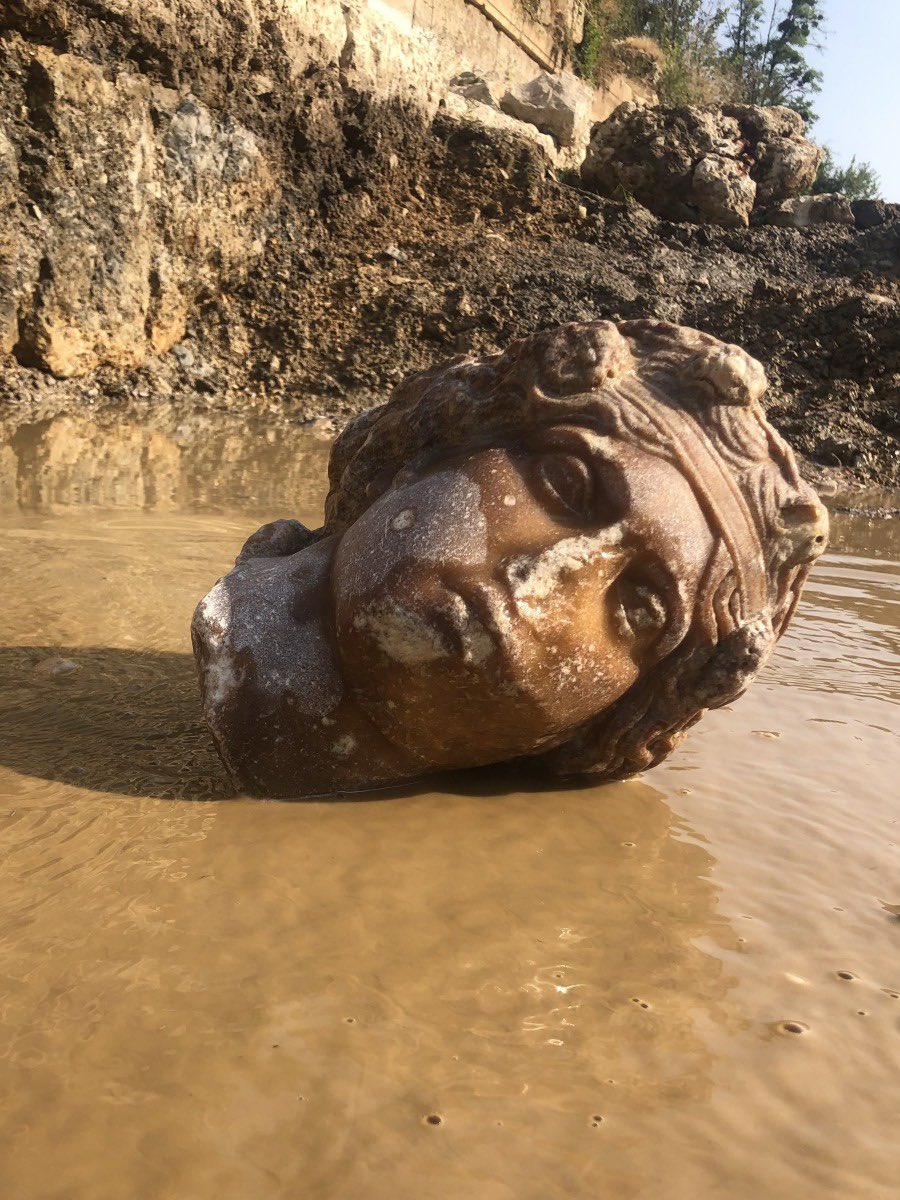 Go to English Version
Go to English VersionNo matter how deep I drive the pick or how much earth I haul away, I will not unearth the remnants of an ancient civilization. This is Cuba—a place where ruins were buried alive and left to rot under the sun. What lies beneath are merely the remnants of Havana as it stood half a century ago. There is nothing noble to find.
In my early years working at the Palacio del Segundo Cabo, I often crossed paths with the archaeologists from the Gabinete de Arqueología on Tacón Street. They would tell me they were hunting for treasures in old latrines, where the well‑to‑do discarded broken plates and the foolish love letters of yesteryear. I couldn’t help but smile—sadly so—picturing them sifting through two centuries of accumulated filth.
When we speak of illustrious ruins, we usually mean those that have stood, more or less intact, for millennia. The kind that stirs our sense of History and sweeps us back to an age of glory. Ours, by contrast, are pitiable.
Less than a year ago, specialists unearthed several heads of Dionysus and Aphrodite in the ancient city of Aizanoi, in Turkey. Aizanoi was founded five millennia ago, yet it thrived under Roman rule in the second and third centuries. From that period come these heads. Imagine it: the god of wine and the goddess of love—how many must have lost their heads in their name. The heads discovered belonged to statues two to three meters high. In other places, one finds headless statues. This, surely, is what one might call a real puzzle. Just saying.

Head of Dionysus, unearthed last week in Aizanoi, Turkey.
The revelrous gods of the Greek pantheon were still being sculpted only a few years ago. Humanity has never since surrendered itself so wholly to earthly pleasures—save, perhaps, in our own “schools in the countryside” and pre‑university boarding schools. Heads rolled there too. Yet you can still see those heads, quite attached to their primitive torsos, rocking idly on verandas.
For me, the past has not always been a source of reverie. The best, thankfully, came later, allowing me to savor it not just with the body but with the spirit. So, no complaints—at least not about that. What I do lament is the absence of a truly glorious past. We were brazenly sold a counterfeit one, still recent, with all its gods alive and reveling as if they were divine indeed. I am certain that, in our island Olympus, sins were committed that would have shamed even the god of wine and the goddess of love.
It is a foregone embarrassment that when Havana finally breathes its last and becomes a wasteland more desolate than Comala, the archaeologists on duty will unearth tins of Pinocho biscuits, shards of washbasins, rubber boots, and little combatant medals—souvenirs as mortifying as those. I like to imagine that, by some quirk in the behavior of the immaterial, the pride of being Cuban might, for once, turn to stone, and that someone, digging a well, might stumble upon it—only to leap back in astonished joy, shouting in delight.

Head of Afrodita, uncovered last week Aizanio, Turkey






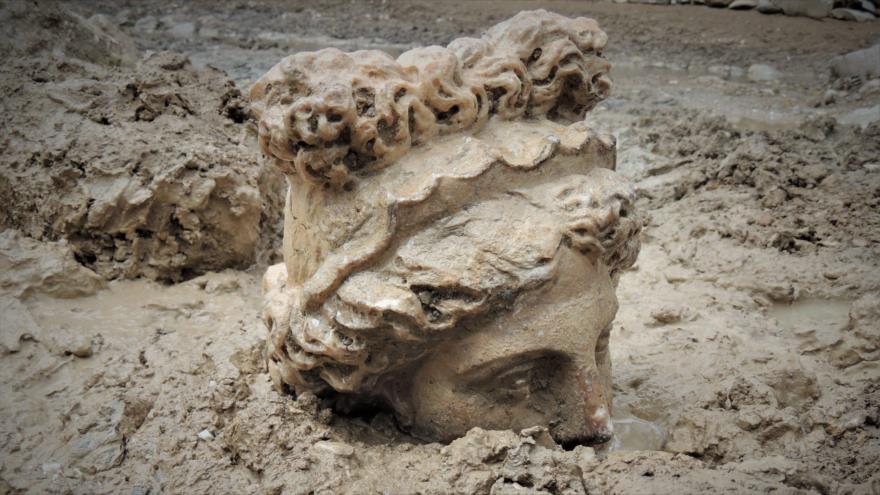
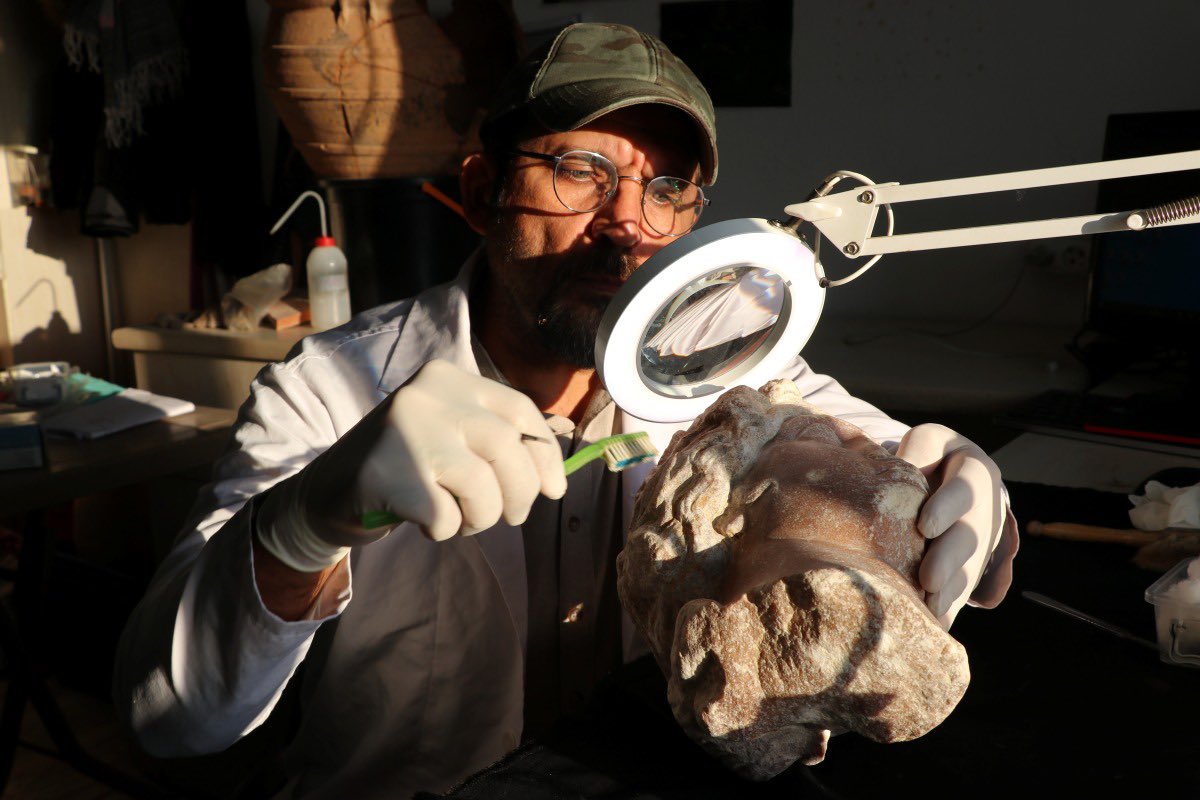
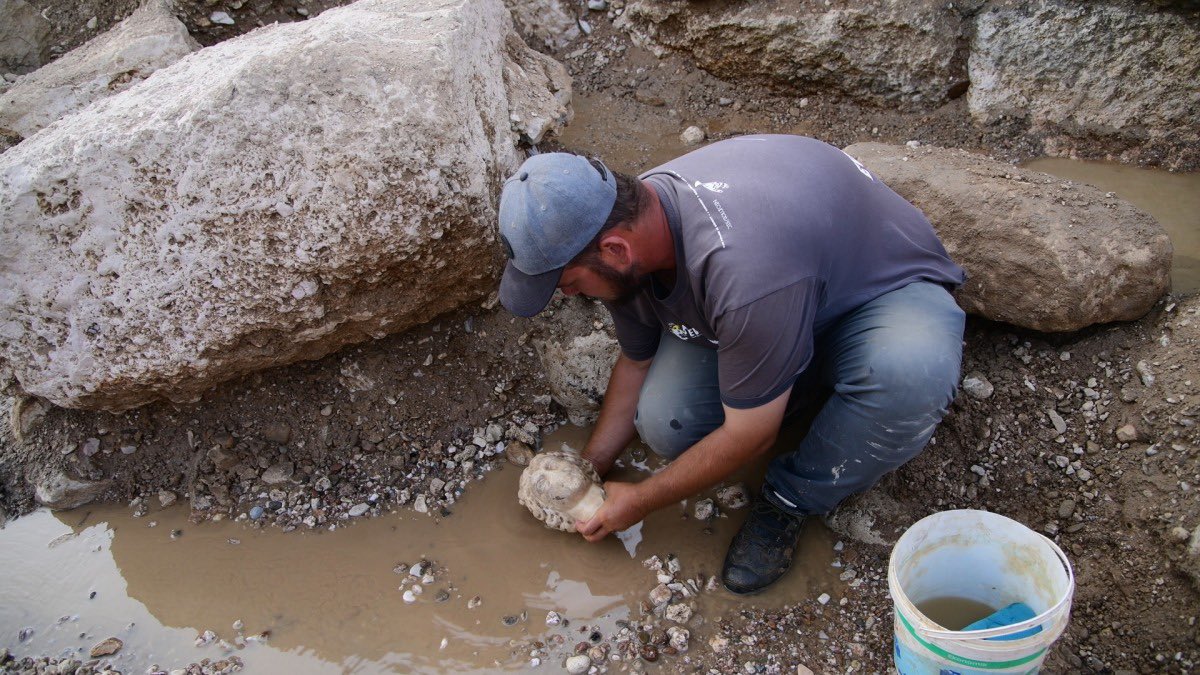
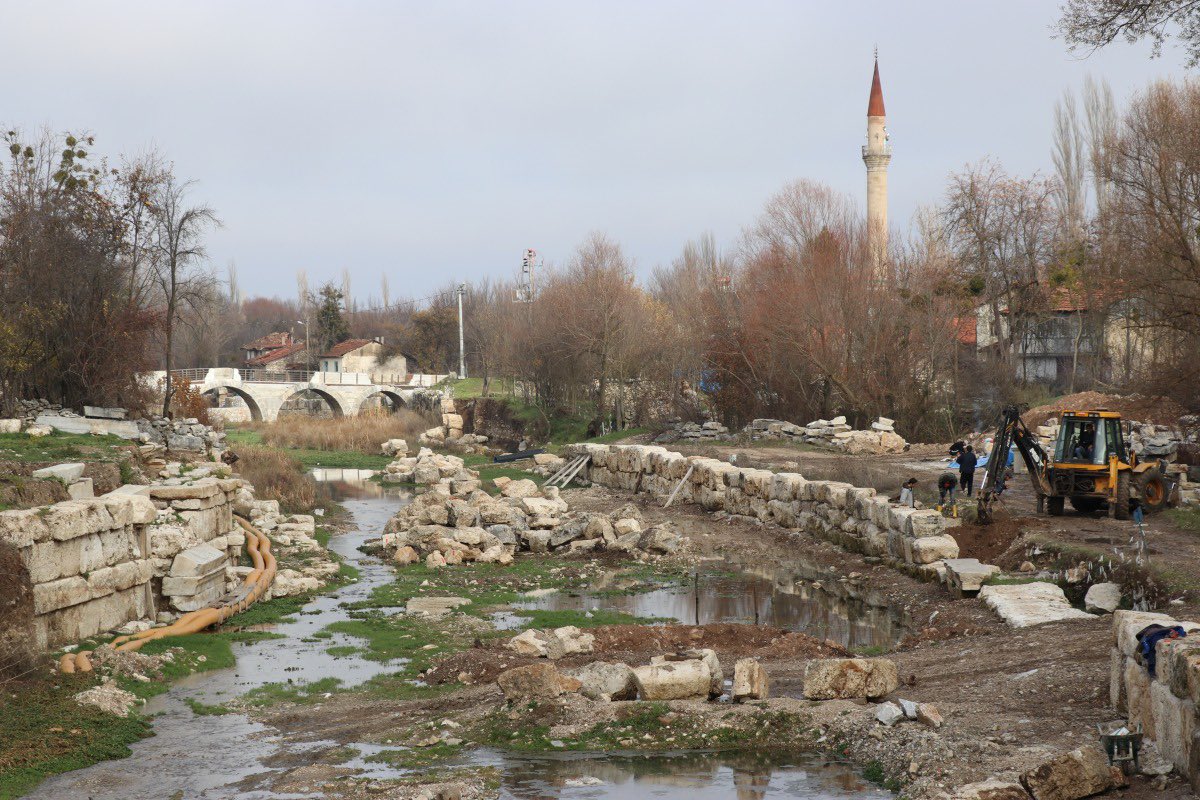




Comments powered by Talkyard.